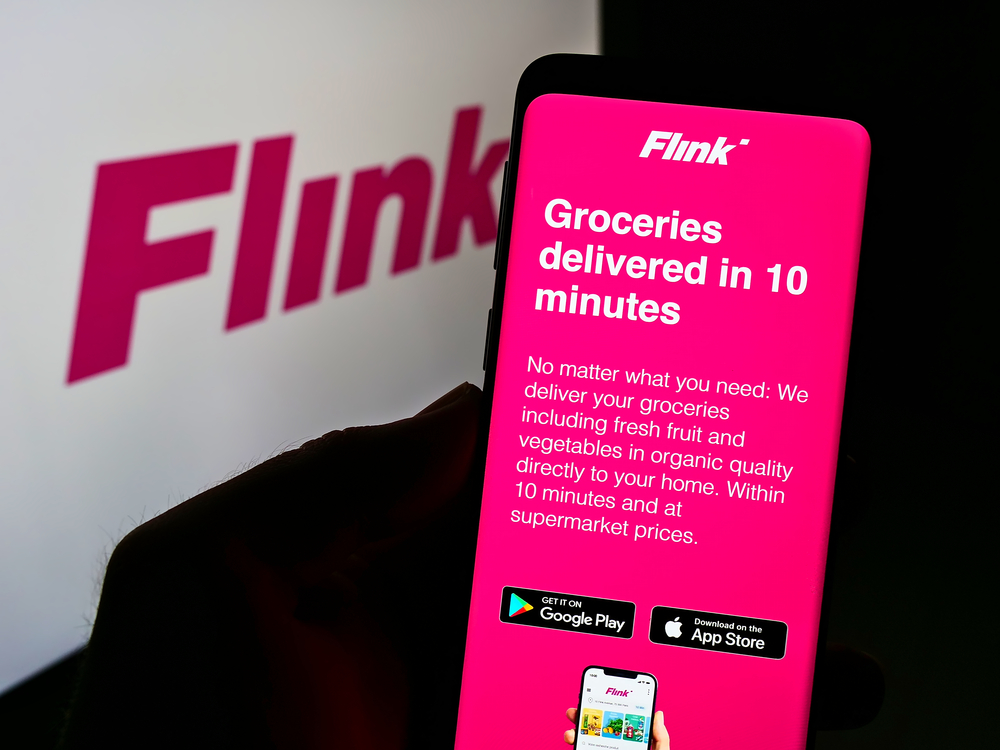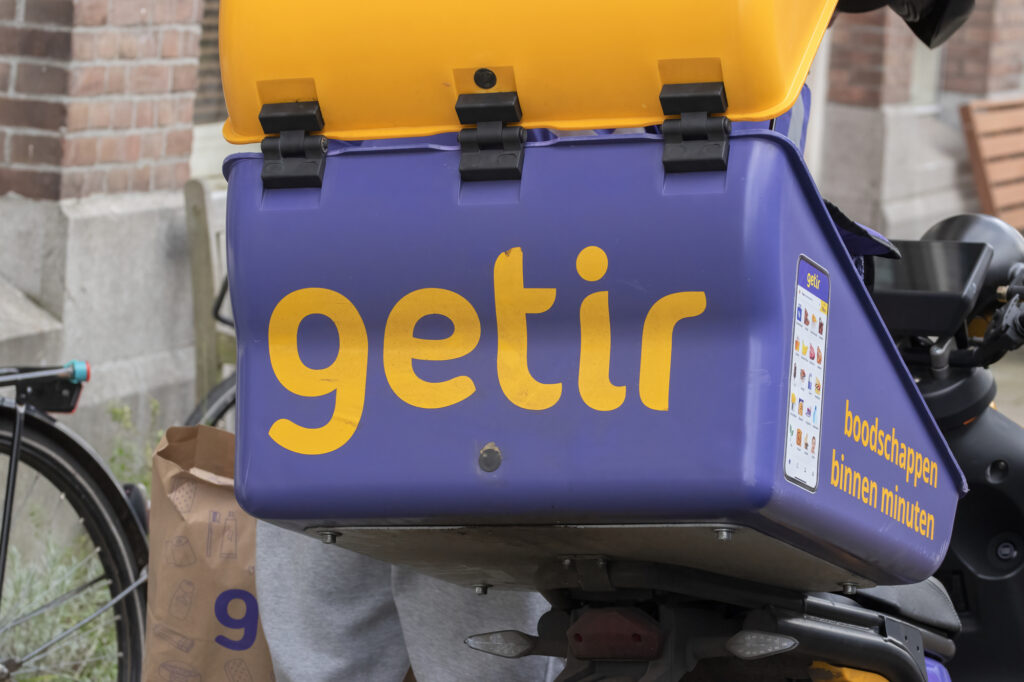Love being a couch potato? Well — ordering your potatoes from the couch might become harder. The municipality of Amsterdam has ordered three flash delivery service locations to close, starting in September.
So, which services must the ‘Dammers say doei to? One Getir and two Flink locations in Amsterdam West have been told they must close by September 14. If not, they face a whopping €20,000 fine.
According to Het Parool, Flink, one of the biggest delivery apps, says they plan to battle out the order in court.
Not meeting requirements
Alderman Reinier van Dantzig (Urban Development) of the Amsterdam municipal council said that these branches don’t meet the basic requirements for supermarkets — which is what they were hoping for.
Initially, the municipality believed the branches functioned as regular supermarkets — think Albert Heijn and Jumbo.
However, they recently discovered the branch served as a flash delivery centre, which doesn’t quite have the same vibes as the farmer’s market.
Amsterdam has since banned new flash delivery branches to protect residential areas from late-night nuisances: Think mopeds buzzing through the night and a group of staff members catching up on each other’s lives — but at three in the morning, and outside your bedroom window.
High popularity in the Netherlands
Flash delivery services have become very popular in the Netherlands in recent years for a good reason — they promise to deliver your groceries in just a few minutes after ordering.
Especially under lockdown, more and more people started to use them to do their daily shopping.
However, this speedy delivery comes with issues. Some locals are annoyed by the racing staff trying to deliver orders within 10 minutes. Plenty of Amsterdam residents want these services off their streets.
A sneaky loophole
Previously, in some areas, so-called dark stores were forbidden because of the nuisance for the surrounding neighbours.
They complained about the heavy traffic at their door, noise, and delivery bikers on the pavement waiting for their next orders. This led the city hall to order their closure, and these closing orders were upheld in court.
Following the court judgement, some dark stores created a facility for paying customers and then claimed to be supermarkets — which would mean that the ban on dark stores would not touch them.
With the new closing order, the city responds to what it sees as a loophole. As a spokesman explains, these hybrid facilities (supermarket and storage for delivery) don’t meet the requirements to be considered a supermarket.
Of course, the delivery companies can be expected to go to court faster than they deliver your bananas — and again, the court will have its final say.
What do you think of the municipality’s decision? Tell us in the comments below!




